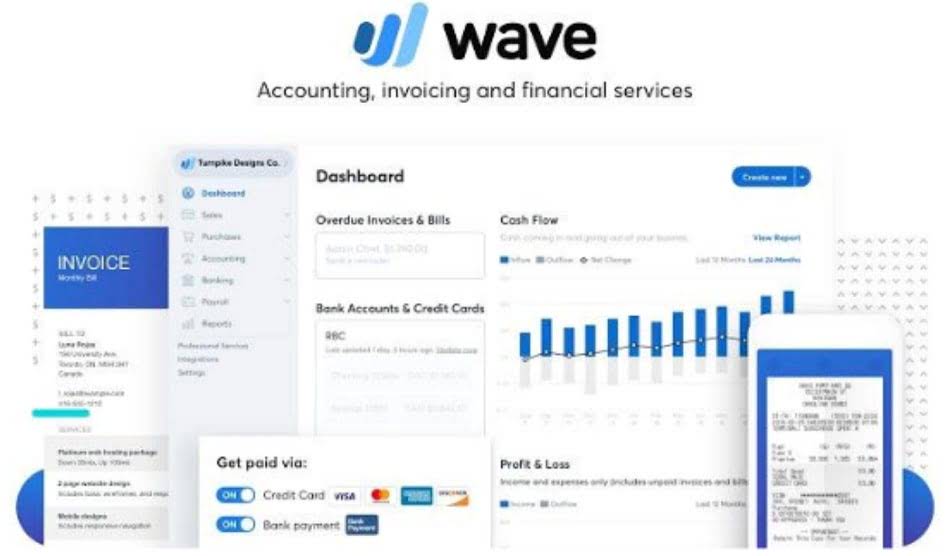The one that’s right for you depends on your relationship with your client and their level of trust in you and your expertise. You bill them for hours worked (Pay for Work retainer) or for access to your expertise (Pay for Access retainer). You know the client you’re working with, what you’re doing for them, and when your next cheque is coming in. If they decide to do so, this clause specifies how interest will be charged (for example, 10% simple interest beginning 60 days after the billing invoice is issued). Conversely, if the agreement is for a non-guaranteed service, the attorney keeps the retainer regardless of the case’s outcome. Retainers provide the security and peace of mind of having an expert on standby for when an unanticipated matter arises.
Unearned retainer fee
Whether the attorney returns the full retainer fee after they get an award of damages for their client depends on the retainer agreement they have with the client. Additionally, a retainer fee does not ensure a successful final output. A retainer is a sum of money you provide to a lawyer or law firm in order to initiate a lawyer-client relationship with that attorney https://www.bookstime.com/ or firm. If you’re serious about implementing high-value, high-profit consulting retainers in your business where your clients can’t wait for the proposal, we can help. With the Pay for Work model, really you’re still trading hours for dollars. When you spend half a day or a few hours on a monthly basis for that client, you’re getting paid for the time you spend.
Is a lawyer retainer worth it?
- Multiply your hourly rate, with tax included, by the number of hours required to get your retainer fee.
- Such retainership agreements are made for restaurants, hospitals, and tech-oriented companies.
- For instance, in M&A advisory, the scope could range from just identifying potential acquisition targets to guiding the entire acquisition process, including post-merger integration.
- The attorney would use the retainer fee paid by their client to pay the expenses of prosecuting the case.
- An advance payment retainer is another type of lawyer retainer that is similar to a security retainer in that the money you pay is intended to buy you access to specific legal services.
These costs are usually reclaimed in contingency fee cases as well, in addition to the percentage the attorney charges. The lawyer may pay these costs on your behalf, then reimburse themselves from your retainer, or they may ask you to write another check when the time comes to pay them. Most state bar associations prohibit attorneys from charging excessive amounts over and above the hours they’re likely to invest, keeping any unused balance.
- You may be required to pay a lawyer retainer if you are securing the services of a lawyer or law firm that will be paid on an hourly or flat-fee basis.
- Additionally, some clients might feel compelled to use a service simply because they’ve paid a retainer, even if it’s not in their best interest.
- A client who pays a retainer to an attorney does so with the understanding that they are purchasing that attorney’s services.
- The retainer fee is vital to both the client and the consultant since this ensures that the firm is working for the client and the client, in turn, can manage how much to spend for the work.
- All of these professions most typically rely on retainer fees because they are service-based professionals that often juggle multiple clients at the same time.
Alternatives to retainer fees for agencies
- The only difference is that you’re providing and delivering that work on an ongoing basis.
- Will they provide itemized invoices showing how the retainer has been utilized?
- You may be able to get a lawyer retainer returned to you, depending on the circumstances.
- It is important to note that all parties involved should always sign the fee agreement.
- An upfront payment for anticipated services, much like a lawyer charging an upfront fee for future legal counsel.
- Once a client signs a representation agreement with an attorney stipulating the retainer fee, the client is required to deposit the fee in a special account.
- With automated task allocation, real-time transcription, and insightful analytics, Dive ensures your meetings are efficient, engaging, and result-driven.
With a security retainer, on the other hand, you are pre-paying for services but your lawyer doesn’t receive the money until they perform legal services and earn it. You may be required to put what is a retainer fee this up-front deposit down to get legal services. The primary distinction between unearned and earned retainer fees lies in their treatment for services rendered and financial accounting.

What Is a Fee Agreement?
In a contingency fee agreement, an attorney will agree to represent the client without needing an initial retainer. Then, if the attorney can settle or win the case on behalf of the client, they will take a percentage of the total recovery resulting from the court order or settlement agreement. In short, it is possible to recover attorney’s fees in a civil lawsuit, including the initial retainer fee paid to secure an attorney’s services. Attorney fees are often made recoverable through what are known as fee-shifting statutes. In a personal injury case, as noted above, the attorney may return the amount of the retainer to the client if the attorney succeeds in winning a payment of money damages for the client. In this case, the retainer is more like an advance from the client to cover costs during the lawsuit.

Another potential type of retainer is an advance fee or advance payment retainer. These agreements simply entail prepayment for services the lawyer or firm will perform in the future. Usually, advance fee retainers are all the compensation for the services. However, in some states, advance payment retainers merely cover expected fees for the future services with the client being responsible for any extra fees that accumulate. These types of retainers receive varying treatment across states with some disallowing them altogether because of the difficulties posed to clients in getting prepayments returned.
- One core limitation of a retainer fee agreement is that there is no guaranteed outcome of the service provided.
- For performance deals to be valuable for you and your client, you must be extremely confident in your skills and your relationship with your client for this to work out well.
- Clients often pay lawyers, accountants, and consultants a retainer fee in order to retain their services.
- While there, he received awards for highest grade in trial practice, legal research, and civil procedure.
- A retainer fee secures a professional’s future services, often non-refundable and used to reserve their availability.
A Guide to Retainer Fees for Lawyers
An unearned retainer fee is money that the lawyer cannot immediately access as it’s considered held in trust until the services equating its value are rendered. In contrast, an earned retainer fee is accessible immediately, signifying that the lawyer has provided value or committed themselves to the client upon the payment. An unearned retainer fee is an upfront payment made by a client, typically for legal services, which the professional has not yet earned. It acts as a guarantee, ensuring that the professional will be available to offer the stipulated services when needed. This fee is like a down payment but for a service rather than a material purchase.

